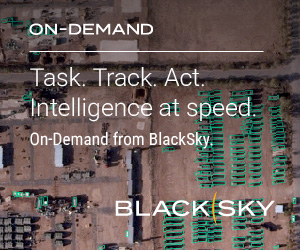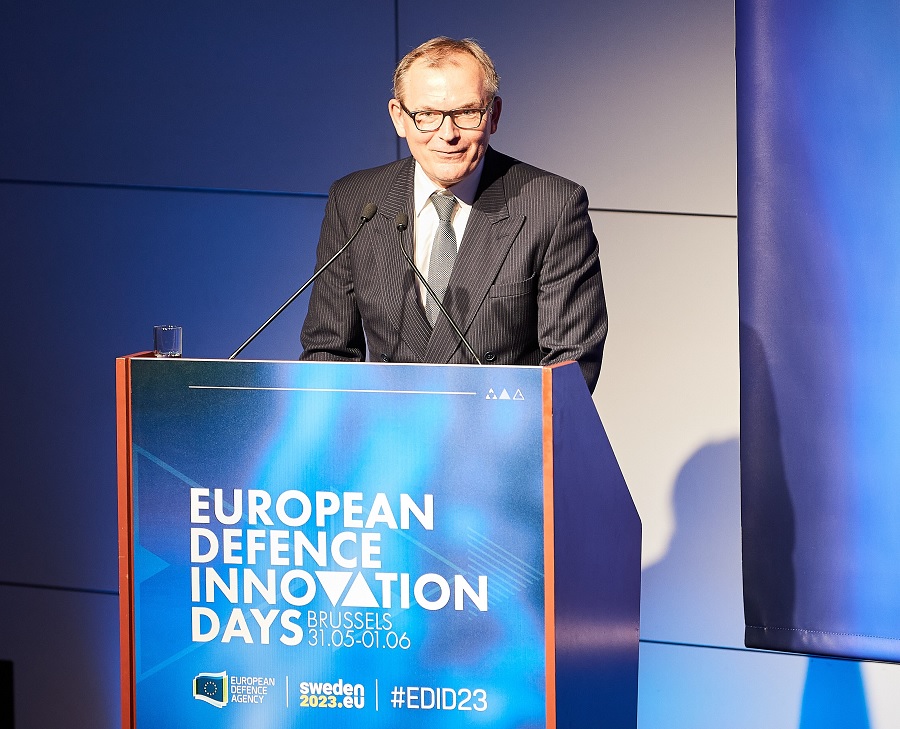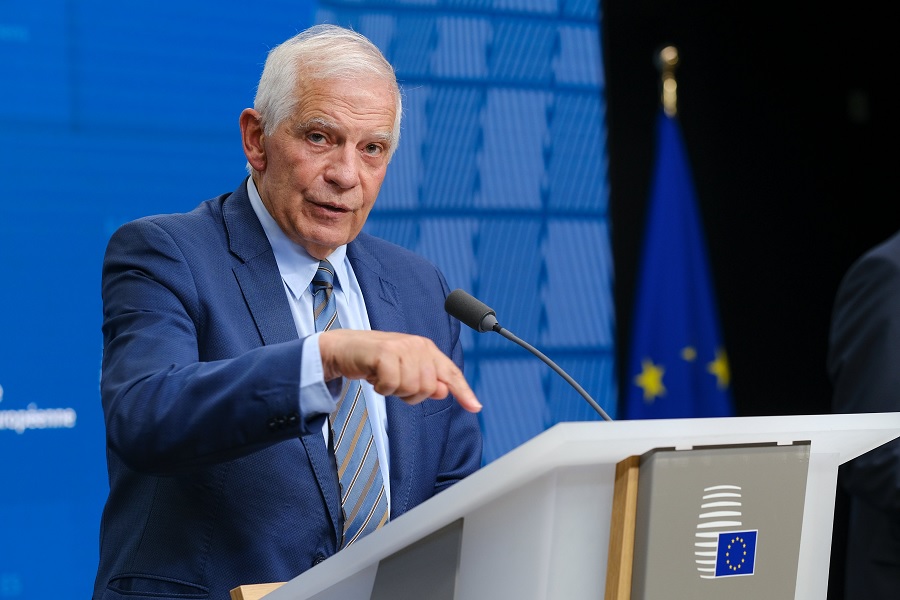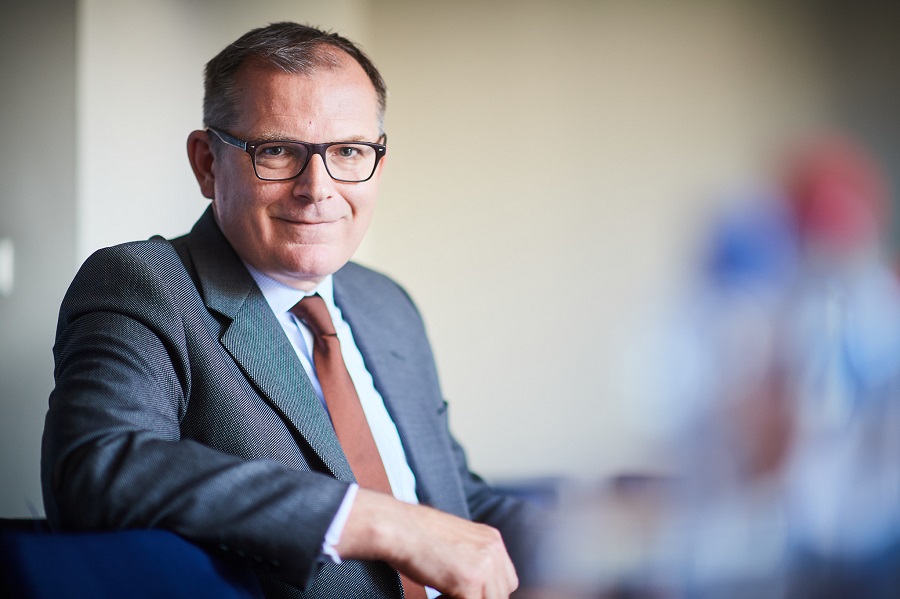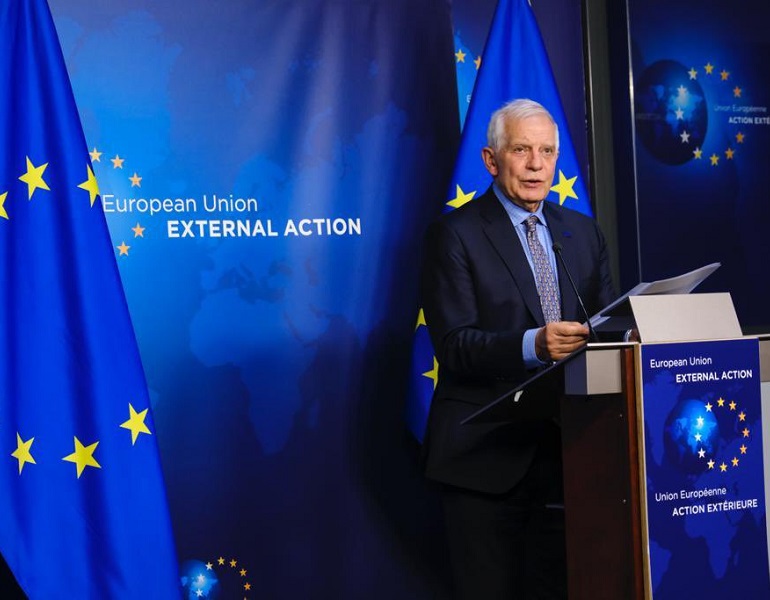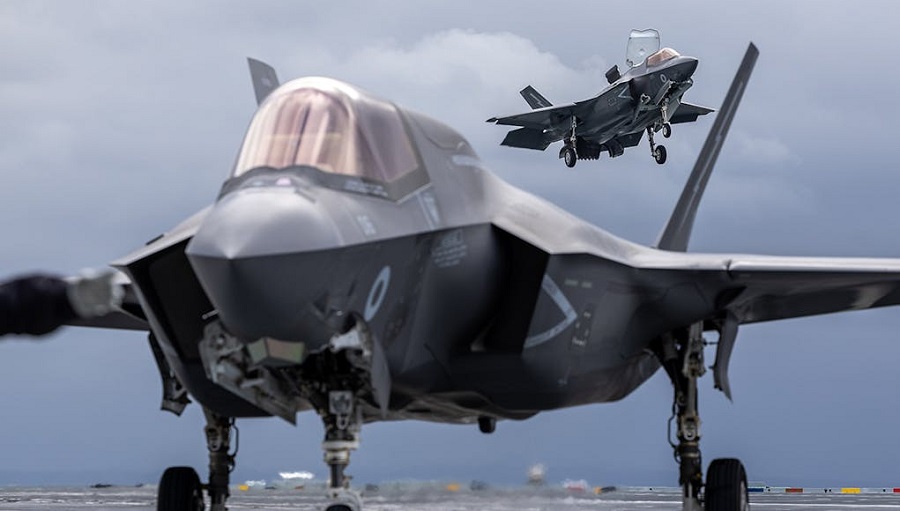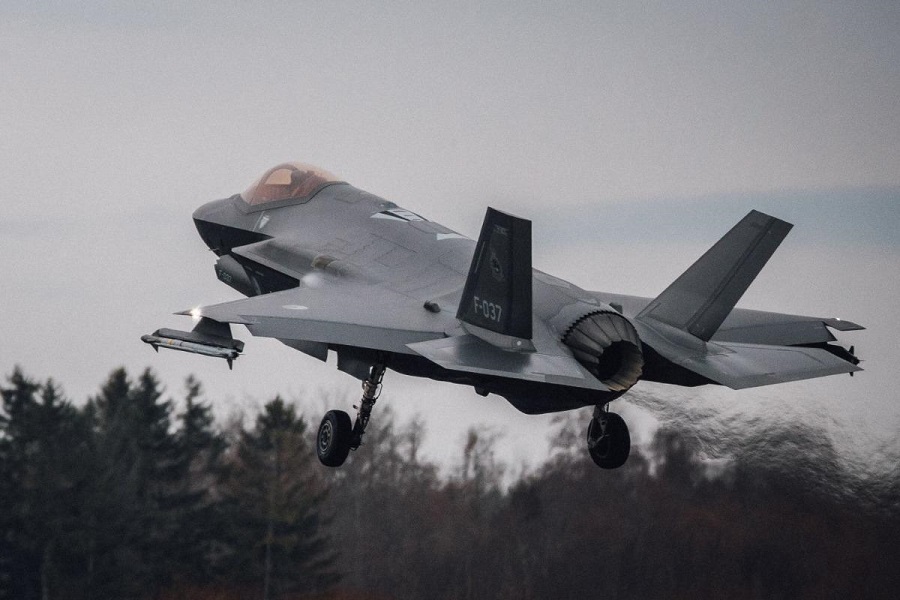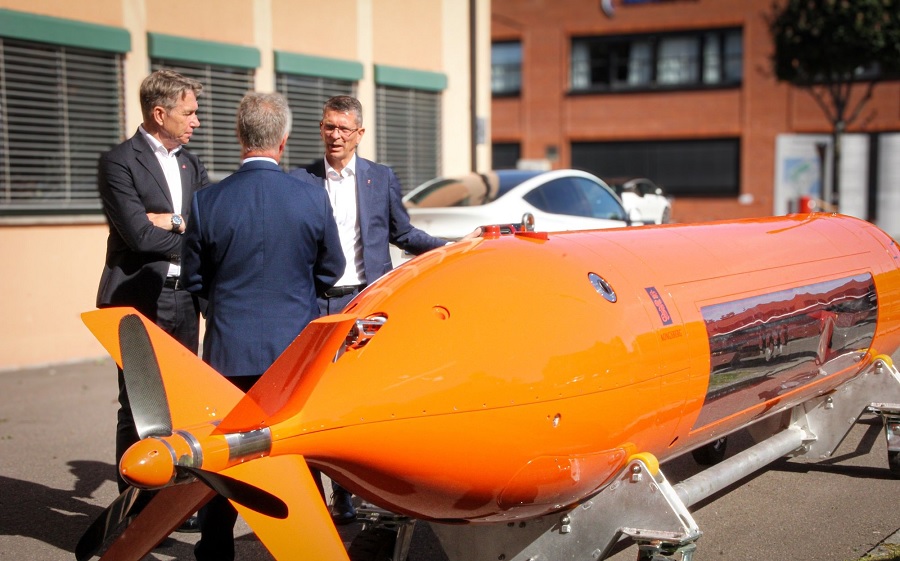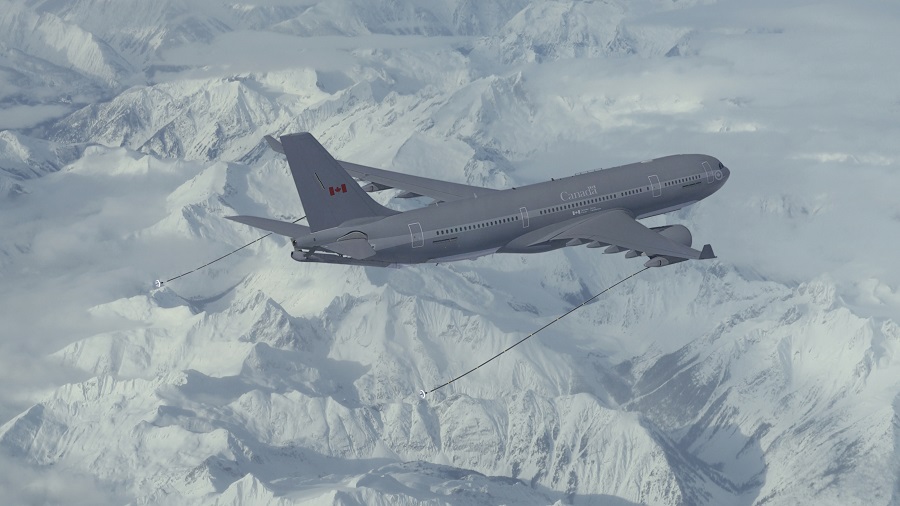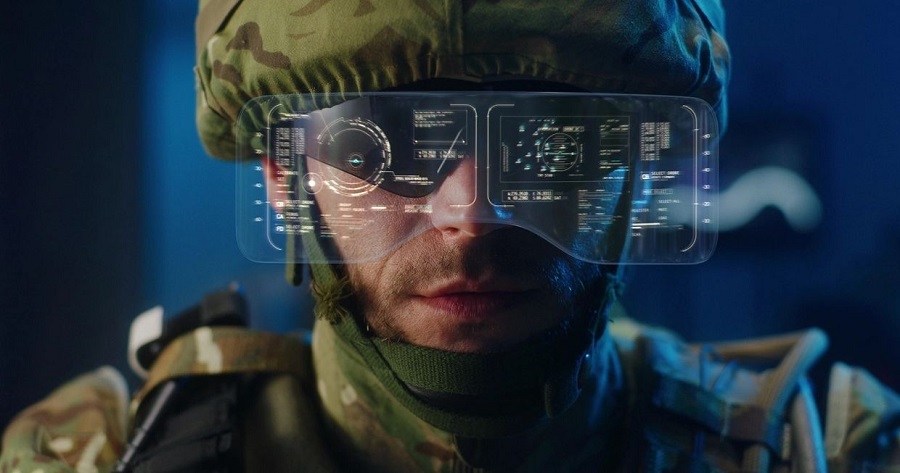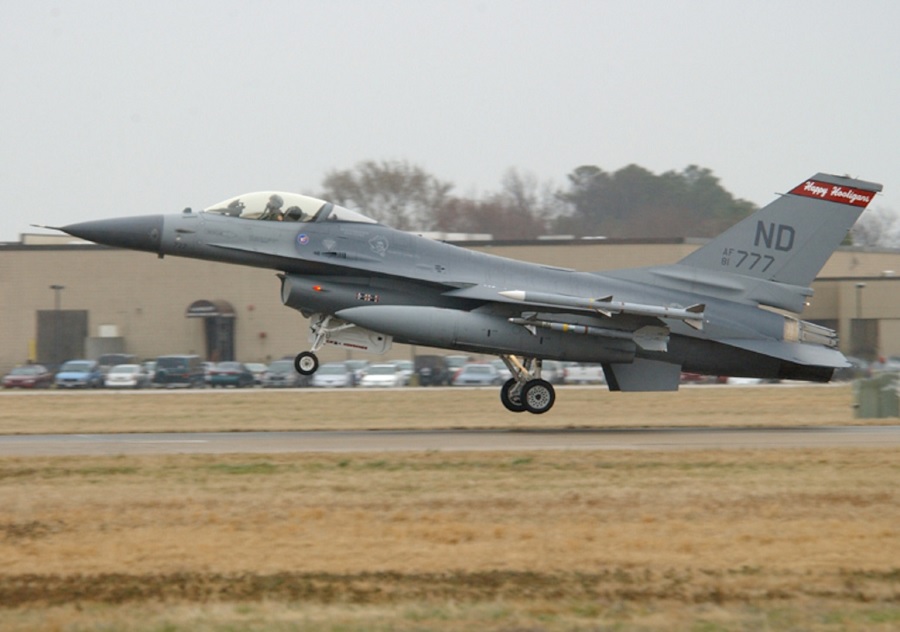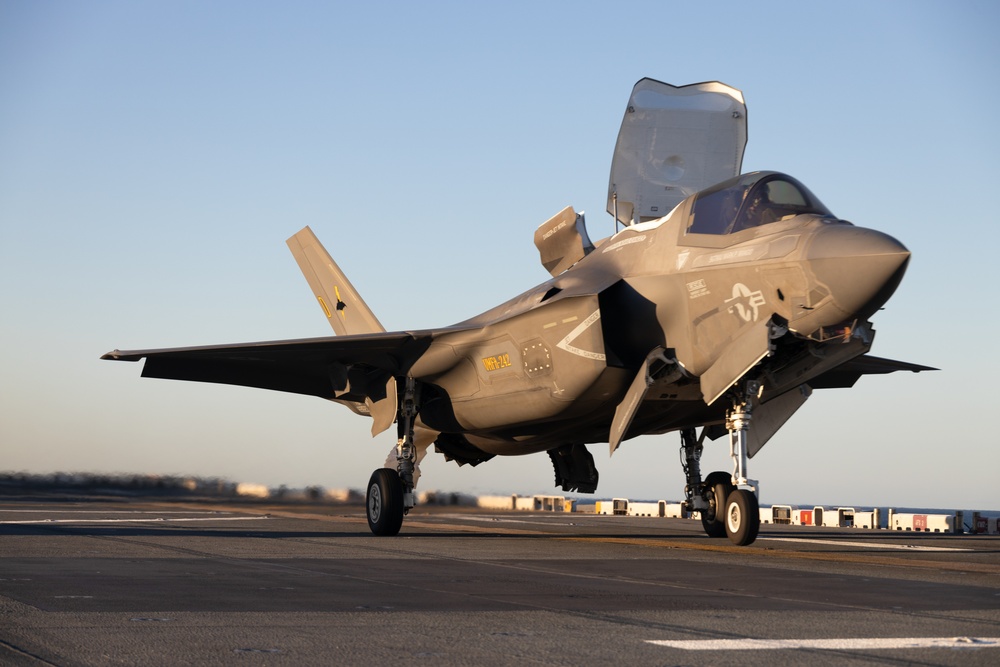“Innovation in defence is critical for Europe’s security,” Borrell said in a video message. He added that technology was changing the parameters of warfare, as it has always done. Innovation has also become a factor shaping the international security environment and the global balance of power, Borrell said.
China, Russia and the United States are all investing in all areas of defence. The European Union is also seeking to develop more cooperative defence projects among its Member States after years of neglect of armed forces and a focus on only national priorities.
Recalling the demand by EU Member States for more innovation from EDA, Borrell said that “the European Defence Agency is delivering”, noting that 500 participants with more than 50 stands and innovation pitches made up the European Defence Innovation Days this year.
EDA, which offers the platform for collaborative defence research and capability development, has a central role to play as technology, in areas from satellites to cyber security, bridges both the civilian and military worlds.
Echoing Borrell’s urgency, EDA Chief Executive Jiří Šedivý said that “to retain our strategic advantage, it is crucial that we prioritise innovation driven by capabilities.”
As EU Member states and NATO allies increase defence commitments and forecast greater spending increases, Šedivý also noted that it was important to match the demands for new capabilities from defence planners with what small start-ups, academia and other innovators are developing.
“That is a must to complement long term developments with short cycles of innovation,” Šedivý said. He also said that European Defence Innovation Days were a good forum to try to identify the best strategies for bridging the gap between technology and capabilities, and at the earliest stage possible.
The European Defence Innovation Days event has been organised for the second year running by the European Defence Agency, this year under the auspices of the Swedish Presidency of the Council of the EU, bringing together start-ups, defence industry and the wider defence community as part of EDA’s Hub for EU Defence Innovation (HEDI).
‘Talk is cheap’
Pål Jonson, Sweden’s Minister for Defence, warned against too much talk of strategy and planning, instead urging EU Member States to learn from each other and work closely with industry.
“It’s not enough, of course, to say that defence innovation is important. Talk is cheap,” Jonson said. He cited an expression used in management consultancy that ‘culture eats strategy for breakfast’, meaning that no matter how great a strategy is, a constructive, encouraging culture is more important.
In that vein, he called for an innovative culture of collaboration. “We in the defence sector are never going to be able to do this alone, without close cooperation with the civilian research and the industry. This is all about partnership,” he told participants.
He also said it should be a priority for lower the barriers for smaller companies into the defence market.
This article was originally published on the European Defence Agency (EDA) website.

